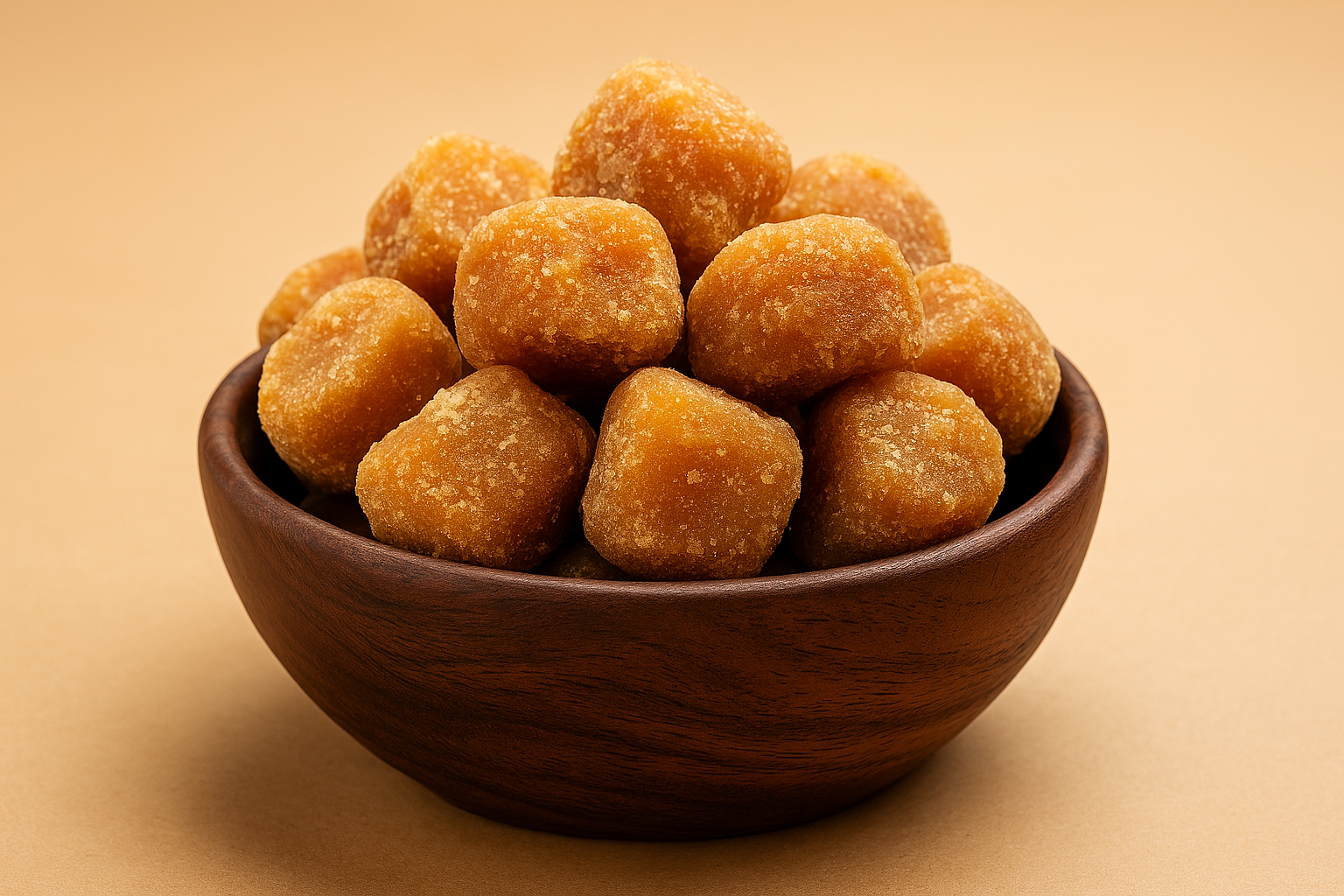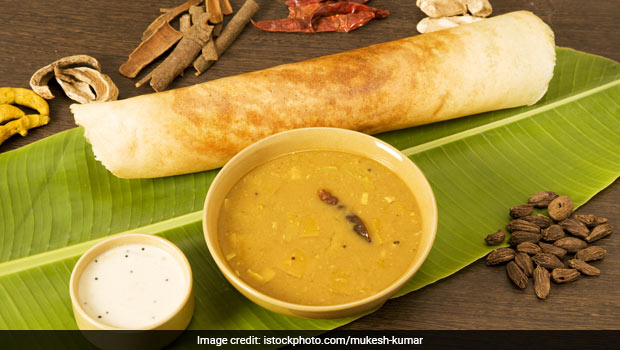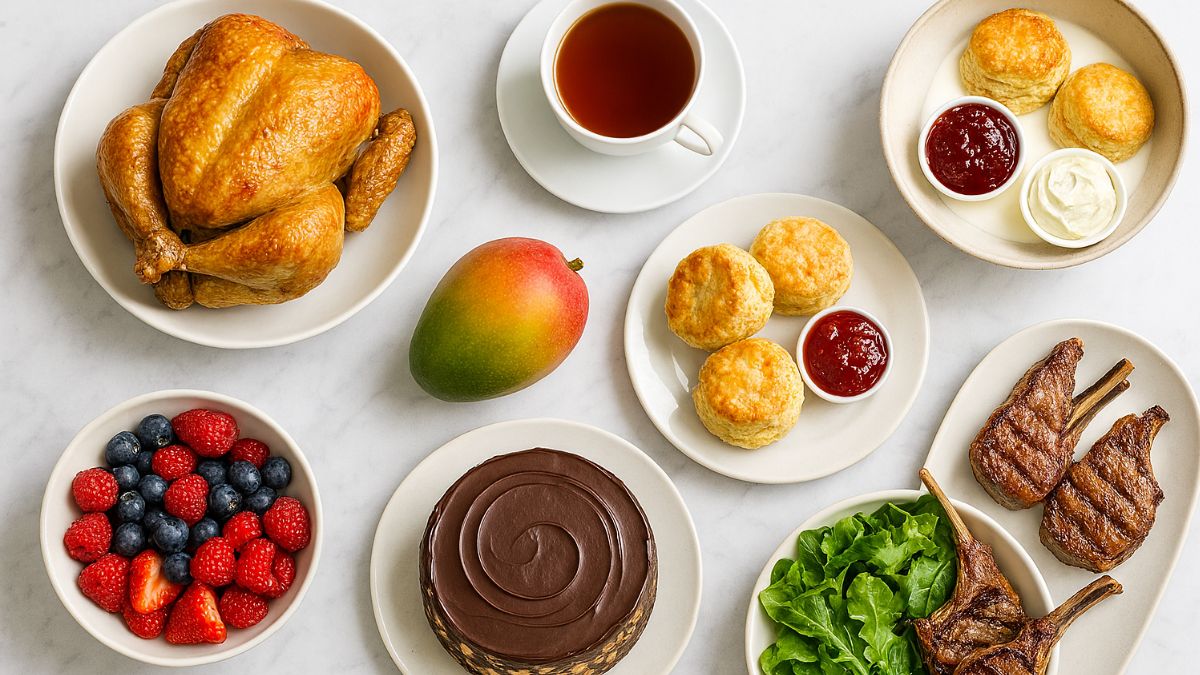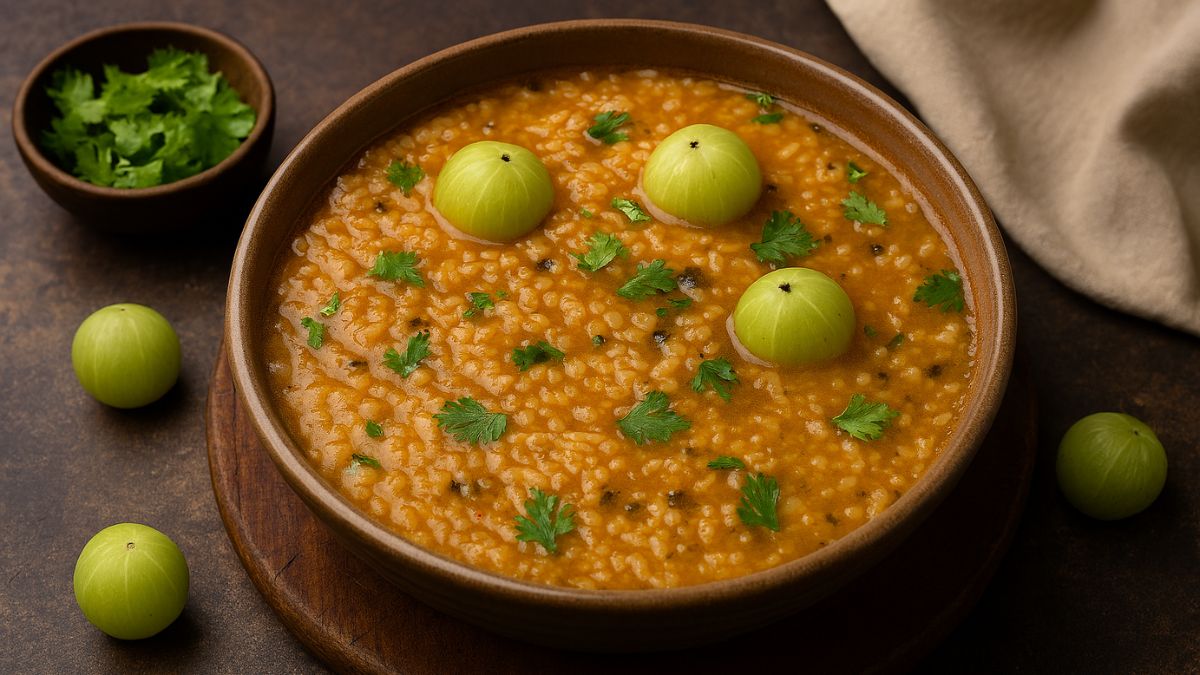That daily soft drink habit? Or the "healthy" glass of orange juice with breakfast? Turns out, both might be quietly messing with your blood sugar more than you realise. A new study has found a strong link between drinking sugary beverages, including fruit juices, and a higher risk of developing type 2 diabetes. If you are sipping on soda, fruit juice, energy, or sports drinks regularly, it may be time to rethink. According to researchers from Brigham Young University in the US, these drinks could be pushing your chances of type 2 diabetes (T2D) much higher than previously believed.
Whole Foods Vs Drinks: Not All Sugar Hits The Same
The team noted that sugars consumed through nutrient-dense foods - like whole fruits, dairy, or whole grains - behave differently in the body and do not overwhelm the liver.
That is because these foods bring along fibre, healthy fats, proteins, and other nutrients that help slow down blood sugar spikes, the researchers said.
Published in the journal Advances in Nutrition, the study analysed health data from over half a million people across different continents.
What researchers found: each additional 350 ml serving of sugary drinks - like soft drinks, energy drinks, or sports drinks - increased the risk of developing T2D by a massive 25 per cent.
There was no safe lower limit either. The risk went up right from the first drink.
Even Fruit Juice Is Not Entirely Innocent
Fruit juice did not get a free pass either. One extra 250 ml glass of 100 per cent fruit juice, juice drinks, or nectars a day led to a 5 per cent higher risk of T2D.
"This is the first study to draw clear dose-response relationships between different sugar sources and type 2 diabetes risk," said lead author Karen Della Corte, nutritional science professor at BYU.
"It highlights why drinking your sugar - whether from soda or juice - is more problematic for health than eating it," she explained.
What Liquid Sugar Does to Your Body
The issue lies in the way these drinks deliver sugar. Sugary drinks and fruit juices contain isolated sugars that hit the bloodstream fast and overload the liver. This can increase liver fat and trigger insulin resistance.
"This study underscores the need for even more stringent recommendations for liquid sugars such as those in sugar-sweetened beverages and fruit juice, as they appear to harmfully associate with metabolic health," added Della Corte.










